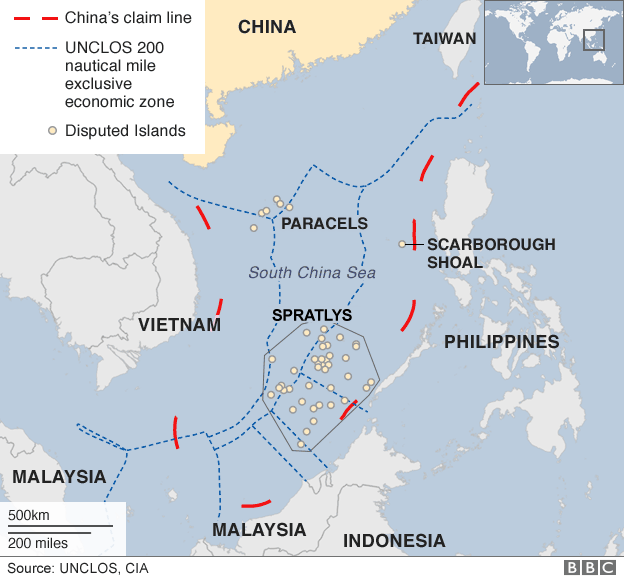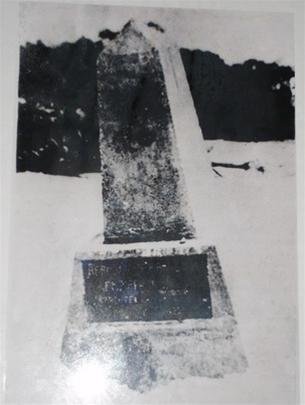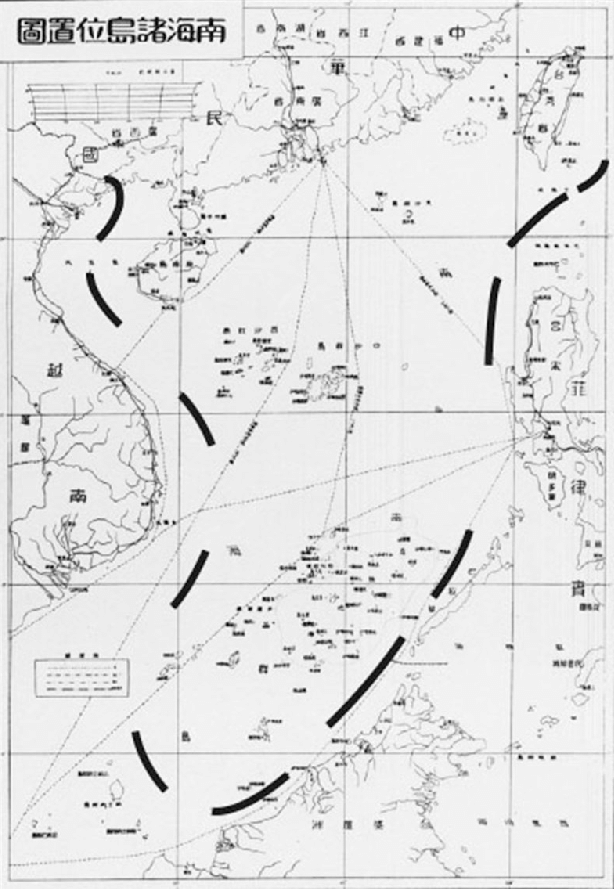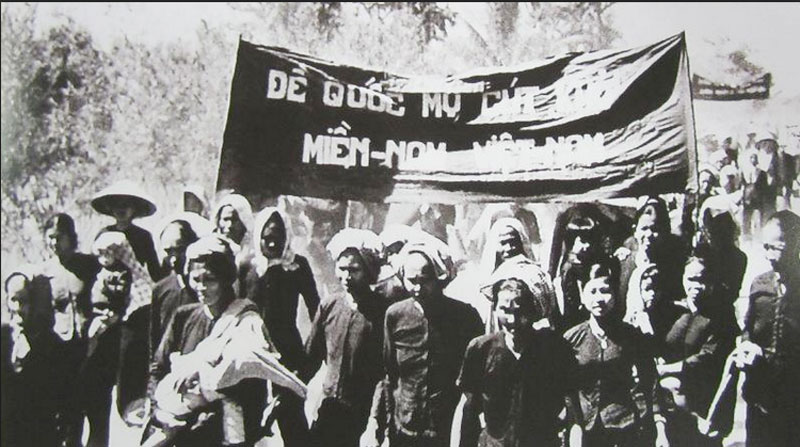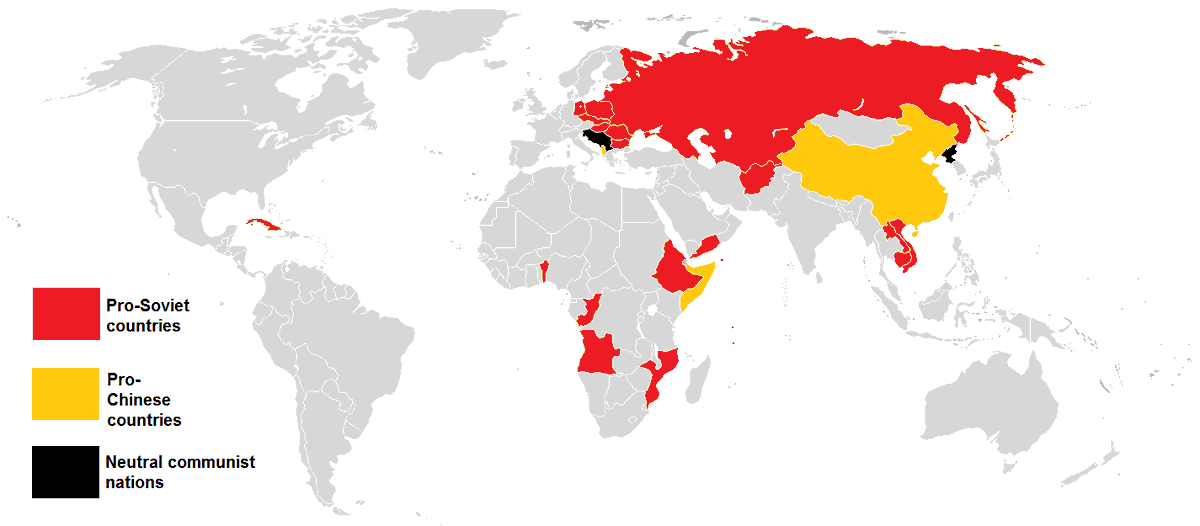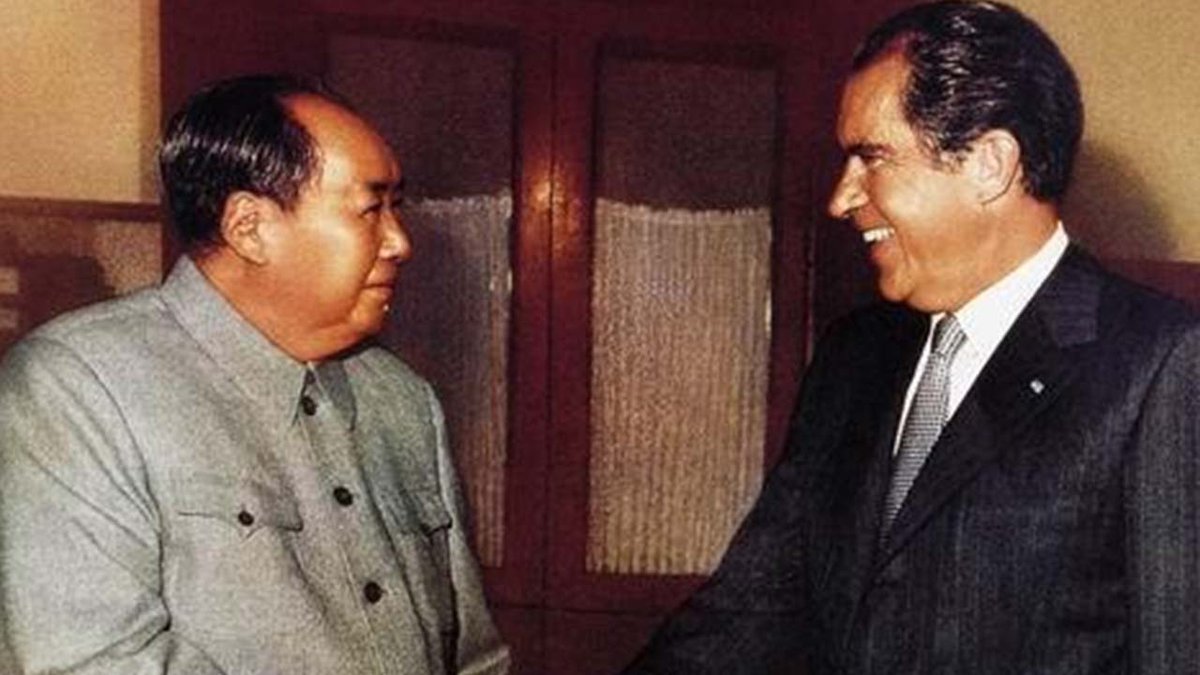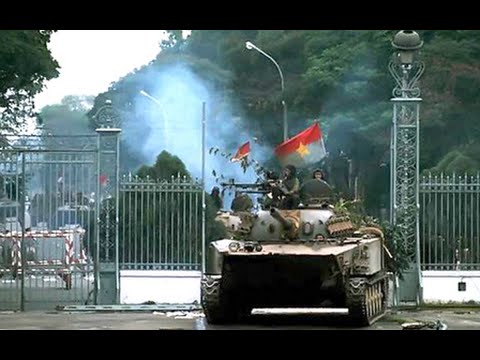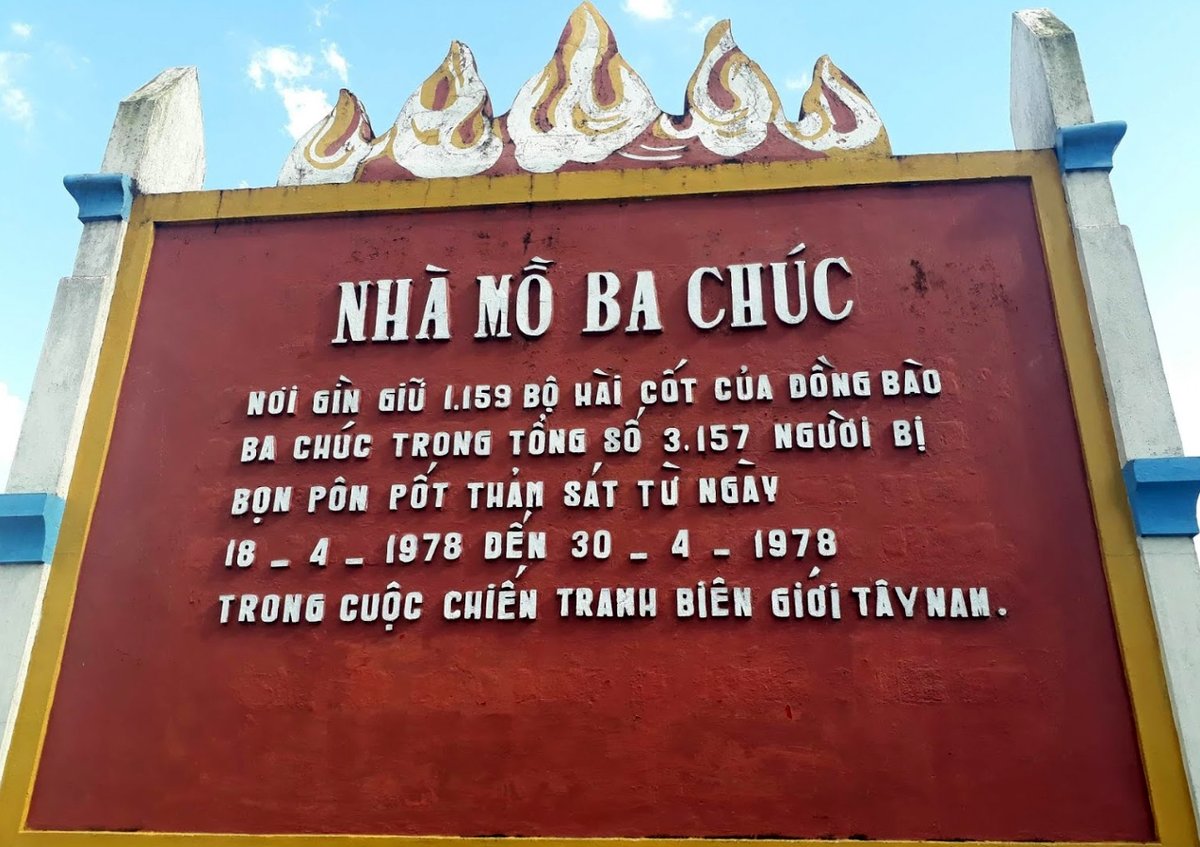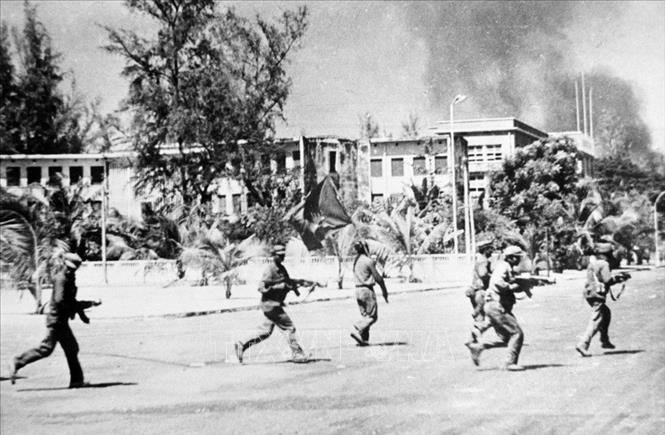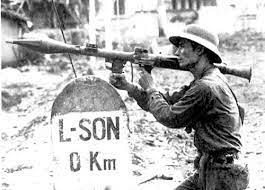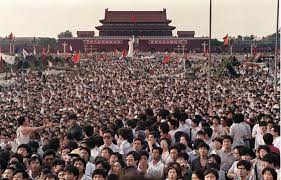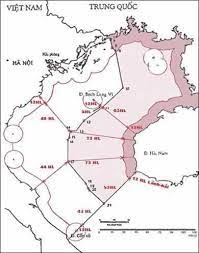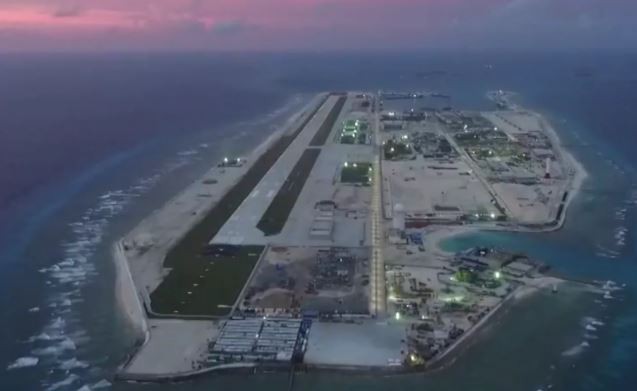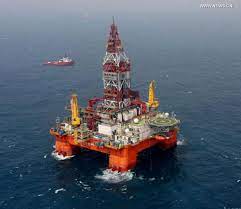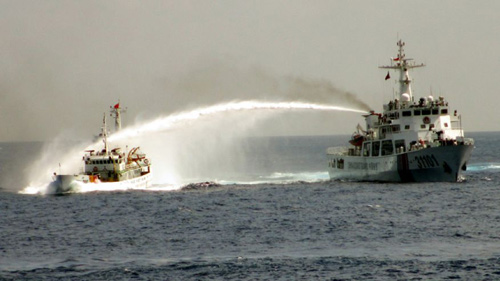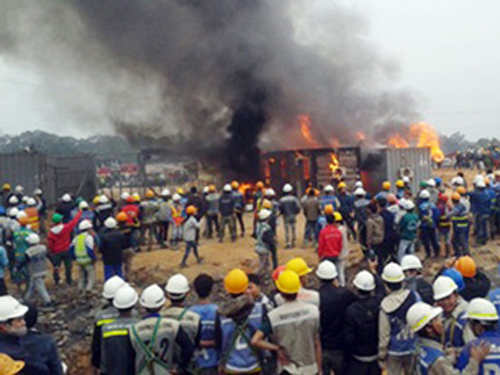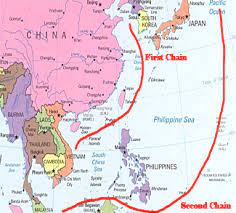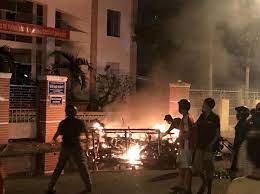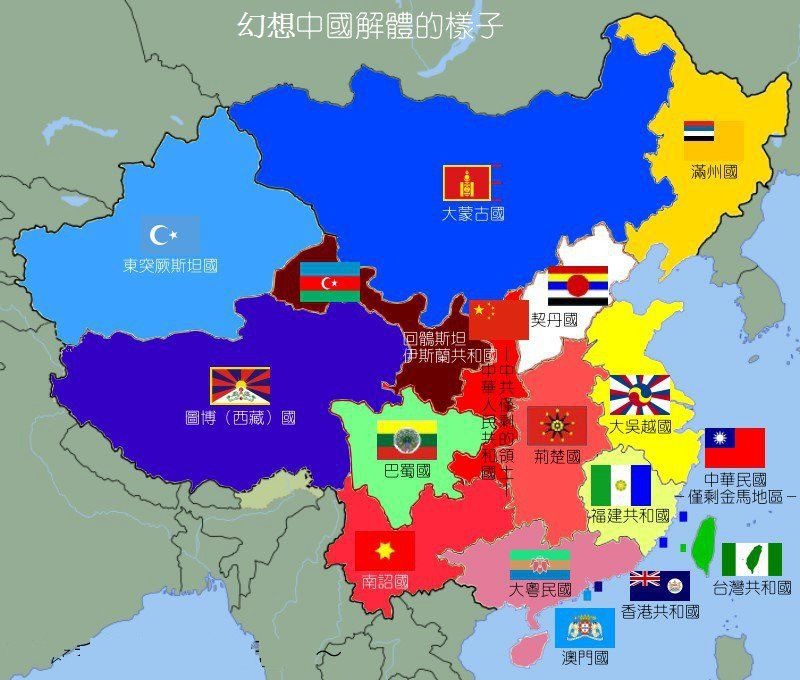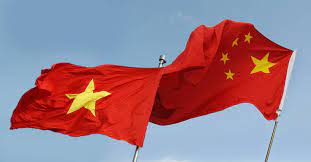Thread: the Paracel and Sparty islands dispute and the complicated relationship of Vietnam and China. How to deal with these issues from a communist perspective, especially if you’re Vietnamese or Chinese.
1/This was a part of the question posed to @Luna and @Hakim during their live stream. It was briefly explained there and I would like to put in my understanding on this topic as well.
2/It is extremely important for a communist to understand this complex issue in order not to fall prey to imperialist lies or accidentally antagonizing our comrade from the other sides.
3/Disclaimer: I’m Vietnamese, so many of the things I said will be from the Vietnam perspective and documents. I try to be as objective and fact-based as much as possible, but if you found a mistake or discrepancy with the China account, please add them in.
4/My main target is not to create an antagonizing tension between Chinese and Vietnamese, but rather to ensure we can see through our difference to cooperate better against the imperialist forces, for the sake of both countries and their people.
5/History: pre-1945 the Nguyen dynasty established Vietnam sovereignty over the Paracel island, by establishing the Paracel Company to control and govern the island. In 1836, emperor Minh Mang ordered them to build a wooden stele on the island.
6/1945-1975: France (administered Vietnam at that time) claimed both islands in 1933, then they were taken by the Japanese in 1938. In 1945, France reclaimed both islands, and the Republic of China (ROC) took half of Paracel and the biggest island (Itu Aba) in Spratly island.
7/At that time, ROC drew the 11-dash lines to claim over the whole South China Sea, which was inherited by the People Republic of China (PRC) later on. After defeating the ROC in 1949, the PRC took control of half of Paracel island, while the ROC retained control of Itu Aba.
8/After the Geneva accord, South Vietnam replaces France to control the territory. In 1974, China occupied the other half of Paracel island after a short fight, while the South Vietnam airforce was not allowed to take off under the American order
9/(in exchange for China& #39;s reduced support for Vietnam).
10/After 1975: the Socialist Republic of Vietnam (Vietnam) took control of former territory controlled by South Vietnam and extend its control to more islands in the Spratly island.
11/In 1988, both China and Vietnam extended to more deserted reefs, which led to the skirmish where China took the Gac Ma reef. The situation stays the same until today, where China controls all of Paracel islands and Vietnam controls the largest fraction of Spratly island.
12/Geopolitic perspective:
1945-1954: ROC were hostile toward the Democratic Republic of Vietnam (DRV) from 1945 to 1949, due to ideology difference.
1945-1954: ROC were hostile toward the Democratic Republic of Vietnam (DRV) from 1945 to 1949, due to ideology difference.
13/After 1949, the relation got better due to PRC& #39;s support during the resistance war against France, as well as the support to help Vietnam get official recognition and support from the Soviet Union.
14/1954-1972: However, both China and the Soviet Union supported the division of Vietnam in 1954, which China negotiated with the US at the expense of Vietnam (the original line is Parallel 13, but it was negotiated up to Parallel 17).
15/Trust was eroded, and China also did not support DRV decision to support the insurgency "Dong Khoi" in the South against the Diem regime in 1960 (in hindsight this was a correct decision by Le Duan
16/because if we do not support militarily our communist supporter in the South against Diem, we may lose all of our forces there and it may take forever for a reunification, similar to the Korea situation).
17/In the 1960s, the Sino-Soviet split put Vietnam in a difficult situation, as we need both supports but we cannot make either side angry.
18/Initially, China wanted to get Vietnam support so they could lead the socialist world against the revisionist Soviet, however, Vietnam stayed neutral to get the support for our reunification.
19/1973-1989: In early 1970, with the shaking hand of Mao and Nixon (which is considered as the most hated US president in Vietnam, understandably due to his treachery and cruelty in the world), China started to go against the Soviet Union and into the US influence.
20/They negotiated at our expense (once again) where the US recognized PRC at the UN and allowed them to take Paracel island (at that point under US protection) at the exchange of China reduced support for Vietnam and open opposition against the Soviet.
21/There were reports and veteran memos from this period, stating that China& #39;s weapon started to explode out of control and there was delaying of Soviet good to Vietnam.
22/Anyway, Vietnam reunified in 1975, at that point was unwelcomed news to both China and the US, as a unified Vietnam would be much stronger and harder to control.
23/China started to support the Khmer rough, provided arms and training for them to build a strong army. The Khmer rough started their genocidal regime in Cambodia and initiated body skirmish (started in 1975 with Tho Chu massacre) then out-right invasion into Vietnam.
24/They killed Vietnamese in the most brutal ways (look for Ba Chuc massacre) and even declared to “to exchange 1 Cambodia for 5 Vietnamese”.
25/China, sided with the US (for the 3rd times against Vietnam), Australia, Singapore, Thailand among others, continued the support for the Khmer Rouge in the UN despise the Vietnam plea, as Vietnam would be the last country to want a war at that point of times.
26/Vietnam even fought back and return to our border, to ensure we can peacefully deal with the Khmer Rough. However, they kept escalating and with arm support from China, they believed they can win the war, so more and more invasion was launched against Vietnam.
27/Enough is enough, near the end of 1978, Vietnam launched a major offensive and destroyed the Khmer rough forces within a month.
28/However, it prompted China to initiate a border invasion in early 1979 to reduce the pressure for the Khmer Rouge, however, it did not achieve any strategic target while endured heavy casualty.
29/After this short but bloody war, Vietnam continued to fight against Khmer Rouge in Cambodia to protect the new gov, as well as against China in the border until 1989. During this period, China sided with the Khmer Rouge in the UN speaking against Vietnam so-called “invasion”
30/1989-2008: so what makes 1989 special? It was the Tianmen square protest, where the force supported by the Us try to overthrow the Chinese communist government.
31/After suppressing the protest, China realized that the US was still the main enemy, therefore, to reduce one enemy and create a peaceful border environment for development, China wanted to normalize the relationship with Vietnam.
32/On the other hand, Vietnam also wanted the same to reduce the economic pressure of keeping the army in 2 sides of the countries. It marked a new chapter in China-Vietnam history, where both sides can cooperate effectively in economic
33/(China is the biggest trade partner of Vietnam), solving historical dispute (negotiate and finalize the China-Vietnam land border, splitting the Gulf of Tonkin - which made the 11 dash line from the ROc become 9 dashes today and signed the Declaration of Conduct on the SCS).
34/Both sides agree to close the history and looked into the future. The stand-off on the sea still happen, but it was lowkey and both sides try not to use the navy in the conflict.
35/2008-2020: things start to change after the “Pacific pivot” from the Obama administration. China started to build artificial islands at an unprecedented scale and exerted its control over the sea through the sea police force.
36/In retaliation, Vietnam also increases its force on the sea and extends some key islands, albeit at a much smaller scale and rate than China.
37/Thing heated up in 2014 with the Haiyang 914 standoff, where China pulled an oil rig into Vietnam EEZ (which is far away from both islands, squarely in Vietnam EEZ - undisputed area) to exert their claim over the whole SCS (within the 9 dash line).
38/This was unprecedented, and Vietnam put a strong resistance by fighting back using water canon for nearly 2 months.
39/It was widely publicized in Vietnam at a time (when the anti-China sentiment was high), which created internal protest where China factory was looted and burned (it was staged by CIA affiliated NGOs).
40/It was stopped by the Gov but the damage was high to both countries& #39; relationship. After this event, low-key standoffs still happen, but it was much lower in scale and China did not intentionally provoke Vietnam in the same way again.
41/So this is already a very long thread, what should we take from there?
1. China has a long-standing and extremely important interest in controlling the SCS because this is the only way out in the Sea
1. China has a long-standing and extremely important interest in controlling the SCS because this is the only way out in the Sea
42/ where China can fully control (other way were blocked by the first island from Japan to Philippine, other depend on another country like Myanmar and Pakistan).
43/ 2. Vietnam has a great distrust in China, stemming from the modern event when the PRC 3 times negotiate with our enemy at the expense of our people, not considering a thousand years of continual invasion and war.
44/The anti-China sentiment is high in Vietnam and can be triggered easily (I’m considered myself as very “pro-China” compared to another Vietnamese).
45/Evident for this is Vietnamese protest broke down in a certain area where a law about special economic zone was about to be passed, just because it was dubbed as “selling the zone from China”. It took a lot of effort from the Vietnamese gov to settle it down.
46/3. Nevertheless, both countries realize keeping the other communist party control is crucial for the stability and development of each other, as imperialist attacks will be much stronger if either side fell
47/(think about how the ROC attacked us in the past, or a puppet Vietnam gov willing to attack China under US orders.
48/4. Our main enemy is the US, in the past and now. They will always try to destabilize us and pitching us against each other.
49/So as ML, communist, anti-imperialist, it is important to make sure there won& #39;t be a war between China and Vietnam.
50/We must relentlessly go against the right-wing pro-war hawk in China, as well as the opportunist in Vietnam who wish to see China “balkanization” to take the chance to capture the island.
51/We must make sure the history is understood correctly (no hiding or gloss over details for the sake of “unity”), however, at the same time, we should promote unity between Chinese and Vietnamese, albeit our differences.
52/We should support bilateral economic efforts to ensure both countries can prosper and reduce reliant on the US market (but it must be a fair trade, China should not flex their muscle and want Vietnam to rely on them).
53/We must expose the imperialist lie and try to make sure any dispute is between us, not involving a third party (like the US) in the matter.
54/We should not reduce the conflict to simply “China Bad, Vietnam Good” or vice versa, as it is unproductive. We must guard against anti-China / anti-Vietnam in ourselves and our people, to ensure there is no chance for the CIA to trigger another war.
55/How do I see the SCS dispute resolved? First of all, China should sign the Code of Conduct (COC) advocated by Vietnam, to ensure both sides keep the same status until it can be solved.
56/It won’t be possible until the strategic reliant of China on it reduce, which can only be accomplished with a significant weakening of the US and anything which helps open China to the sea (like the fall of South Korea or Taiwan reunification).
57/It will require a global collapse of capitalism for these to happen, so it is up to us communists to ensure we can build a future peaceful environment where a discussion/ negotiation can take place without ships and guns.
58/It can be done (as seen from the China-Vietnam border and Gulf of Tonkin treaty), but it needs the right environment and much higher strategic trust to do so. / [END OF THREAD]

 Read on Twitter
Read on Twitter